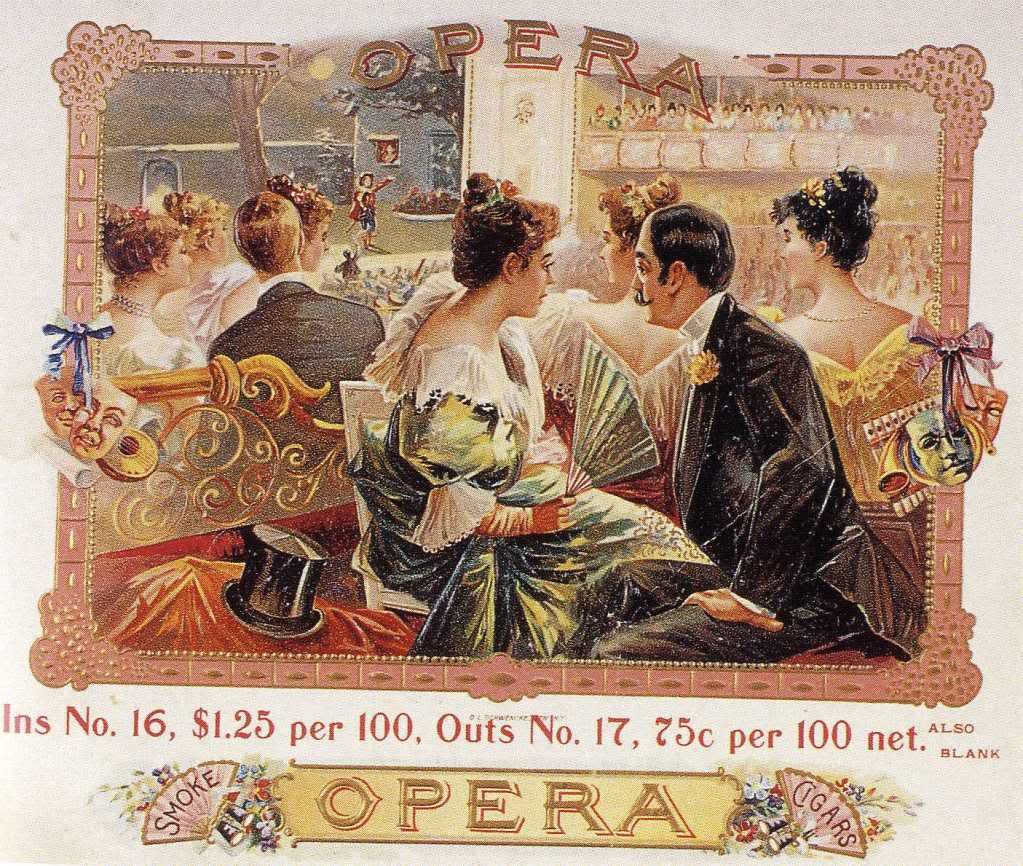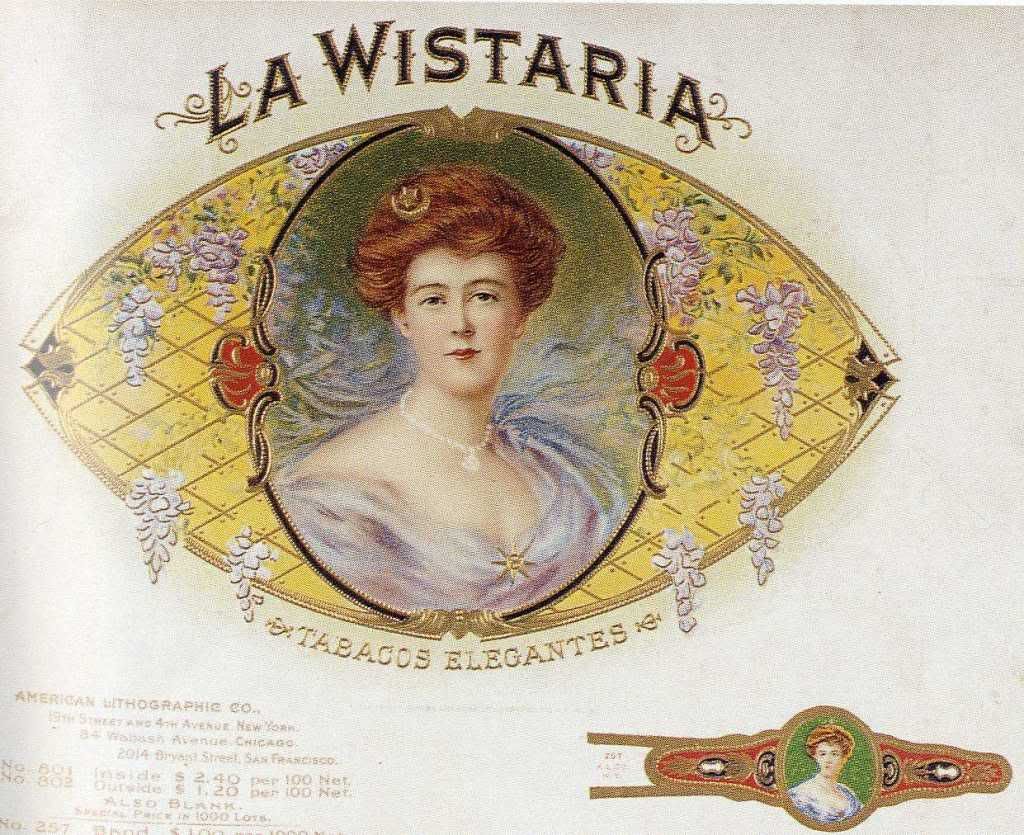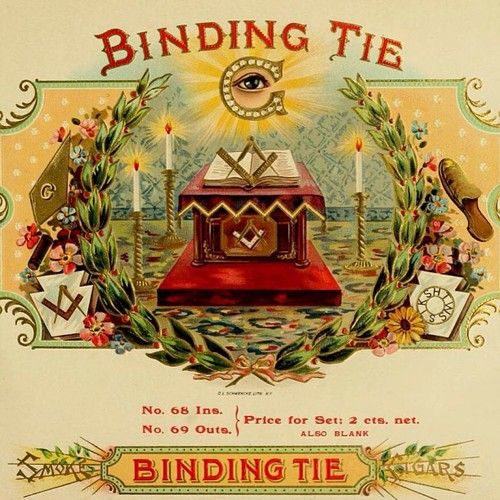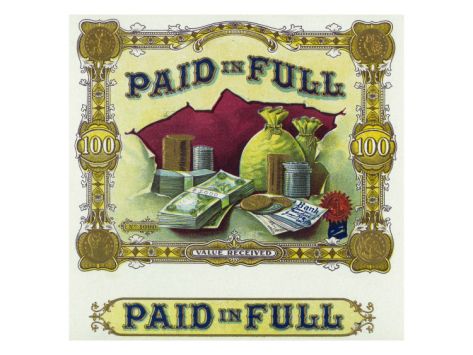It goes without saying that, being politically non-correct and even worse, white, I am a "racist." So are you, unless you belong to a Certified Victim Class™. Even self-proclaimed anti-racists (white) are unconsciously racist. Their children are racists in training. Their unborn are womb racists. Their eggs and spermatozoa are racist. Their genes are racist. Their DNA is racist.
As used as we are to that sort of thing, your blogger was brought up short by the headline of a linked story at Gates of Vienna:
Kyenge was gracious enough to say, "I do not believe the problem lies with me. There are some people who are not happy, who are showing their discontent, and it is my job to listen to that discontent," she told journalists. "I have to draw out the better side of Italy." The better side being those who want Italy to be something other than Italy.
If she actually believes it's part of her job to listen to the "discontent," rather than try to stamp it out -- a dubious assumption -- she might learn something. Namely that if the discontented are "not happy," it's because they do not see why land that their families have inhabited for hundreds of years should be turned into a Third World catchment area by government decree.
As used as we are to that sort of thing, your blogger was brought up short by the headline of a linked story at Gates of Vienna:
Ministers respond to racist banana attack
The article appeared in something called The Local: Italy's News in English, apparently a news outlet for Italians who (a) belong to the New Red Brigades and (b) read English. Throwing bananas is racist if they follow a trajectory toward a black politician, especially a woman.
Immigration Minister Cecile Kyenge was speaking at a Democratic Party (PD) rally on Friday when an unidentified spectator threw bananas at her, missing the stage but sparking reactions of disgust from across the country.Shocking cases of abuse have multiplied against Kyenge, an Italian citizen born in the Democratic Republic of Congo, climaxing earlier this month with a member of the anti-immigration Northern League party who likened her to an orangutan.
Being a retrograde sort, I can't quite wrap my head around the idea that one person throwing a banana or two at a politician is part of a series of "shocking cases of abuse." Comparing her to an orangutan, if that actually happened and is not just part of the Left's feverish imagination, certainly counts as abuse and deserves scorn. Why, it's like calling somebody a racist.
Let's see, however, what some Italians have against Minister Cecile Kyenge. In her case, she is not a minister in the sense that Jesse (Shakedown) Jackson is a "reverend" albeit widely unrevered. Kyenge is the Immigration Minister. Her job is to promote more immigration, especially from Africa, to Italy.
Tensions were running high even before the banana incident, after members of the country's right-wing Forza Nuova association left life-size dolls doused in fake blood at the rally.
The group was protesting over Kyenge's campaign to help children born in Italy to foreign parents obtain citizenship more easily.In other words, she wants to institute birthright citizenship and chain migration in Italy, along U.S. lines.
Kyenge was gracious enough to say, "I do not believe the problem lies with me. There are some people who are not happy, who are showing their discontent, and it is my job to listen to that discontent," she told journalists. "I have to draw out the better side of Italy." The better side being those who want Italy to be something other than Italy.
If she actually believes it's part of her job to listen to the "discontent," rather than try to stamp it out -- a dubious assumption -- she might learn something. Namely that if the discontented are "not happy," it's because they do not see why land that their families have inhabited for hundreds of years should be turned into a Third World catchment area by government decree.
Italy, which for decades was a land of emigration, has relatively little experience in dealing with immigration.
While millions of Italians fleeing poverty emigrated to the United States, Latin America and other parts of Europe throughout the 20th century, the Mediterranean country has only had to absorb large numbers of immigrants over the past 20 years or so, mainly from Africa.
Ah. It's a matter of inexperience. Give Italians another 20 years and they'll get used to being colonized. After all, back in the waning days of the Roman Empire, they managed it with no bother except half a millennium of social breakdown known as the Dark Ages.






























